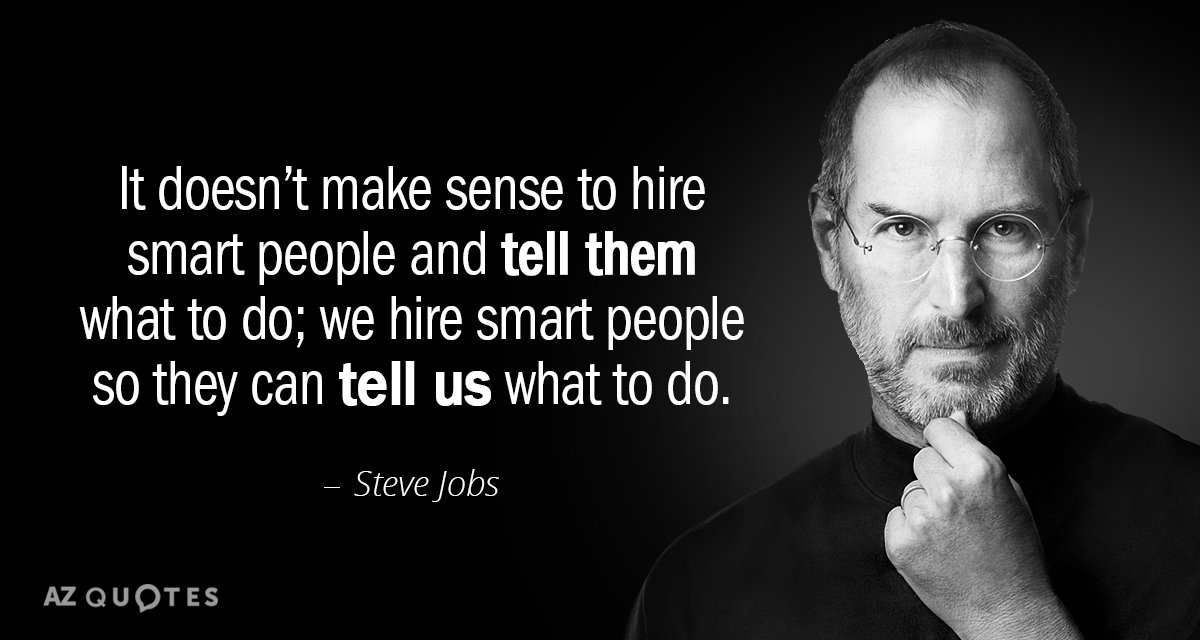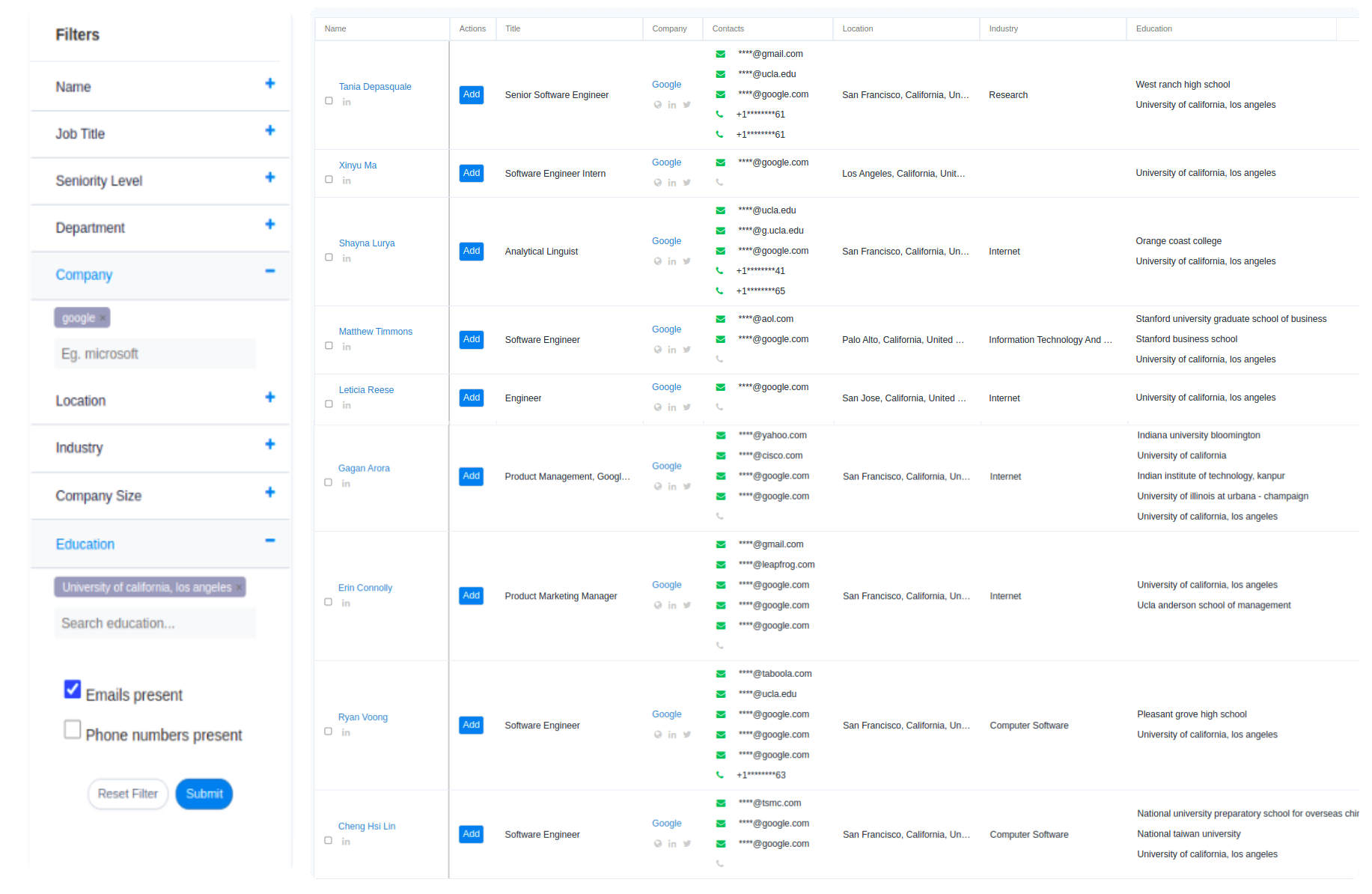Sales department roles and responsibilities– Every organization has a sales team – there are no two ways about it.
Wait, I think I overlooked the startups, where the founders often perform the sales tasks themselves. So, let’s say, every organization has sales roles and responsibilities.
But, let’s say, you have grown your startup into a medium-sized business enterprise – now is definitely the right time to start designating sales tasks and hiring people to take on responsibilities for your sales functions.
But you can’t just start hiring a sales team out of blue, can you? For one, you have to determine the roles and responsibilities for which you need to fill out the sales positions.
And that’s why it’s excessively important for you to know the roles and responsibilities required in the sales department.
But this doesn’t even begin to cover the vast responsibility of building a sales department.
And that’s why we will cover the main areas of the sales department roles and responsibilities, such as:
1. Main objectives of the sales department
2. Different roles & responsibilities in the sales department
3. What to avoid while building a sales department from scratch
4. Best practices to follow while building a sales department from scratch
Once you are through with this guide on sales department, you will have a clear idea. And you can then start building yours as per your own specifications and requirements.
What Are The Objectives of The Sales Department?
The sales department consists of a set of business activities and processes that help a sales organization run effectively, efficiently and in support of business strategies and objectives. The sales department generally includes sales, sales support or business operations.
Jobs in sales are highly rewarding and easily accessible as anyone can develop the relevant skills and qualities of a good salesperson.
Let’s have a look at some of the common objectives of the sales department:
1. Converting Sales & Customer Acquisition
I don’t think one needs to be told about it.
Of course, the sales department’s main objective would be to make sales. That said, making sales is not the only objective. The main goal is to make sales as efficiently and inexpensively as possible.
If you are a salesperson, then you might also want to shorten your sales cycle. And this has emerged as one of the most important responsibilities of the sales department in recent times. Especially when the prospects are becoming more and more skeptical to close the final sales deal.
In fact, as high as 73% of your leads will not be sales-ready when first generated.
That’s the reason why the sales department has to be extra careful while nurturing leads and trying to convert them into permanent customers using sales funnel software.
For the sales department, their primary goal should be to increase the conversion rate. Say, for instance, your sales team speaks to 100 potential customers per day, and 30 of these prospects result in a sale, then your sales team has a conversion rate of 30 percent.
“The best friend of any sales department is marketing. If your company has the inbound lead generation process, your general conversion rate will be at least twice higher.” – Dmitry Harashchuk (Head of Marketing at MLSDev – software development company)
If you want to excel as a sales department, then you have to make sure that your conversion rate is always going up, never in the downward spiral. The higher will be your sales conversion rate, the higher will your profits.
2. Retaining Existing Customers
Retaining existing customers is as important as customer acquisition – if not more. And the best part is that it is less expensive, easier, and of course, a lot less time-taking.
Have a look at this infographic by GartnerGroup to have a complete grasp of why customer retention is so important and why it is one of the main objectives of a sales department.
From driving more business to increasing your referral channel, customer retention is an integral part of a sales department, which must not be overlooked at any cost.
3. Growing The Business
Again, it is pretty much a given that one of the objectives of a sales department would be to work towards growing the business. The better the conversion rate and retention rate are, the more growth the company will witness.
The sales department overlooks various tasks in order to achieve growth, such as:
- Referral marketing
- Word-of-mouth marketing
- Seeking recommendations
- Customer retention
And this is just the tip of the iceberg. There are a whole lot of functions that a sales team perform in order to grow a business. They also make sure to see whether the existing customers are happy and satisfied, which helps them in acquiring reviews, referrals, and testimonials, as well as makes it easy for them to retain them.
What Are The Different Sales Department Roles And Responsibilities?
Although the basic mission of a sales department is to organize data and generate deep customer insight in order to enhance sales force productivity and effectiveness, the practical roles within a sales department vary widely. Basically, the teams can choose to offer varying levels of service depending on sales organizations sophistication.
Have a look at the common roles a sales department is often split in:
1. Sales Force Representative
Depending upon the size and bandwidth of the organization, a sales department can have a various number of sales representatives. From cold-calling to acquire leads to researching and creating an ideal customer profile, a sales force representative take care of the first step of the sales funnel. In technical terms, their tasks include Sales Development, Sales Training, and Sales Force Communications Management
Common Responsibilities Include
- Connecting sales teams to the most relevant content for each opportunity in the buying cycle.
- Qualifying the leads
- Connecting with the leads
- Communicating updates to the sales force (content alerts, product news, etc.)
- Empowering managers and peers to coach reps in a way that reinforces training as well as promotes best practices.
2. Account Executive
Once the sales representatives identify the qualified leads and get in touch with them, the account executive comes into the game. It is the account executive who brings in new business and closes the final sales deal.
They create presentations, demonstrate the sales plan in a more succinct and elaborate manner, write proposals, and negotiate the final terms with the client, and eventually, close the final deal.
Common Responsibilities Include
- The account executive’s primary objective is helping businesses implement technology solutions in a cost-effective way by determining the requirements of a project or program and communicating them clearly to stakeholders, facilitators as well as partners.
- Assisting with the business case.
- Planning as well as monitoring.
- Eliciting requirements.
- Requirements organization, communication, and management.
- Closing the final sales deal
3. Sales Administration
The specialist helming the sales administration has in-depth knowledge of their business and their business domain. Whenever the sales force representative or account executive gets stuck with something, its the sales administrator who takes over and solves the problems. This person is also involved in looking over at the tasks performed by sales reps and designating sales target to them.
Common Responsibilities Include
- A sales administrative assistant works with sales department management to provide office support to field representatives.
- Sales administrators are in charge of all the employees working in the sales department.
- They have to delegate sales target and other such duties to the people working in the department.
- Basically, they should train all the new workers in the department and even teach them, all the company protocols.
- They have to carefully study the market conditions regarding their company’s products.
- Need to make sales strategies with the management and implement the strategies in the sales departments as well as ensure that all employees adhere to it.
- They have to report to the management on what all is happening in the department.
4. Customer Success Planner
This person makes sure that the customer is happy and satisfied with the sales, and then accordingly works on following up and retaining them.
Common Responsibilities Include
- Customer retention
- Conduct monthly S&OP meetings for a handheld product.
- Furthers the relationship with the customer to up-sell or cross-sell.
- Create communication forums (such as “tilt meetings”) to address off-cycle problems and close gaps to plan.
- Other relevant duties may include providing support for financial inventory analysis, the creation of an annual operating plan, and special projects as needed to support cross-functional initiatives.
5. Sales Operations Manager
A sales operations manager is the Chief of Staff to the Sales Organization, the person who leads the team and oversees every other function performed in the sales department.
This person is responsible for making sure the team is working in sync to achieve the targeted goals and meeting their responsibilities. From measuring the performance and productivity to calculating the gains, this person makes the final decisions and reports.
Common Responsibilities Include
- Preparation of design and presentation.
- Facilitation of Furniture installation and turn-over of products
- Overseeing every aspect of the department
- Devises strategies and techniques necessary for achieving the sales targets. Also, he is the one who decides the future course of action for his team members.
Things To Avoid While Building The Sales Department
If you are building a fresh sales department, then it is common to commit some drastic mistakes.
But fortunately, you are in the right place.
We are going to tell you about some common mistakes to avoid while building a sales department from scratch.
1. Jack-of-all-trades? Don’t even think about it
Gone are the days when a sales rep could flex between multiple tasks. The sales process is steadily embarking on a change. Your buyers are now more sophisticated and better-informed than before. As a result, the pressure to hire a credible sales rep has increased exponentially.
In fact, 70% of the buyer’s journey happens before they talk to Sales reps.
Therefore, you have to be extra careful while hiring a new sales rep. With extra savvy prospects, you need candidates who can adeptly handle themselves when faced with a difficult situation, or something akin to a sales funnel cul-de-sac.
Now there’s a breed of sales professionals who seem to know just about everything. From outbound prospecting to running discovery calls and to closing deals, they would have everything in their resume.
Mind you, many hirers assume that a jack-of-all-trades is an ideal candidate.
But nothing can be farther from the truth, especially when we talk in respect with today’s scenario.
Now, you don’t need amateurish sales professionals who seem to have acquired every possible skill. What you need is an expert or someone who can smoothly handle but are amateurish in every department. Instead, focus on hiring a person who is willing to evolve and is a master at one job.
Do you know why the jack-of-all-trades isn’t always the ideal candidates?
Let’s consider these reasons.
2. Multitasking isn’t necessarily good
You are obviously tempted to hire someone with multiple skills albeit of a moderate level. Why? Because you believe that they can work on more than two tasks at the same time. Correct us if we are wrong, okay?
But isn’t it the real reason why you are so tempted?
However, you would be surprised to know that multitasking is actually bad for your business.
One obvious reason is that if you expect one person to tackle more than one project, they are likely to produce less than stellar results for both of them.
Secondly, an analysis report says that multitasking actually impinges on your efficiency.
3. Inconsistent skill sets
A sales professional having moderate knowledge in every domain might be able to survive in every sales department, but it doesn’t necessarily mean that they carry equal skills in every department.
And this is where the problem lies.
While such type of sales professionals might lend a helping hand in every area, but they are unlikely to solve any real problem.
So, hiring a jack of all trades doesn’t seem to be a good investment.
Now, the question is, how can you avoid these mistakes while building a sales department?
Best Practices to Follow When Building a Sales Department
1. Start by building an ideal candidate profile
You have to build an ideal candidate profile to determine and introspect what your ideal candidates look like.
While building an ideal candidate profile, prioritize the following traits:
- Is the candidate coachable? – An ideal candidate is always open to feedback and adjusting as per the requirements of the company they are working in.
- Curious & Creative – A sales professional cannot fare without these two traits. While, curiosity is important to ask probing questions, on the other hand, creativity is important to continually embrace an out-of-the-box approach to closing deals and finding prospects.
- Hard-Working – the sales professional should be willing to work with zeal by putting in time and energy.
- Has a successful track record – the ideal candidate is most likely to have a successful stint in the profession.
As former Apple CEO Steve Jobs once famously said, “It doesn’t make sense to hire smart people and tell them what to do; we hire smart people so they can tell us what to do.”
2. Ask credible questions during the interview
You might think that interview prep is only for the candidates, not for the people who are on the other side of the table.
But don’t forget that you are hiring people you will be investing in. These candidates will tackle the sales-related problems that will benefit your company. Therefore, it is important for you as well to prepare the interview questions beforehand.
Let’s say, for example, you want your candidate to have a high amount of creativity. But you cannot simply ask the candidate that are they creative or not.
That would be a total disaster and you might end up making the wrong decision. And you might get an epiphany after a few weeks or even months that you have hired the wrong sales team.
Therefore, it is important for you to prepare case studies and role-plays beforehand. They will help you perfectly discern where the sales professional stands in terms of your expectations.
Try asking questions like:
“Can you recall a time when you had to face X situation?” Or “How would you handle an X situation”?
You can also directly ask for examples when the candidate exhibited a skill set you are seeking.
Summing it all up -sales department roles and responsibilities
So, this is it! In this long-form article, we talked about the common objectives, roles, and responsibilities in the sales department.
Moreover, if you are building your sales department from scratch, for that, we shared some common practices to follow and mistakes to avoid.
Before we end this article, we would suggest you arrange for a roundtable discussion with your sales department regularly to keep an eye on your sales yourself. This will also motivate your sales team and keep them focused on their goal.
Also, before hiring your sales representatives and people for other roles in your sales department, don’t forget that replacing a sales professional will be even more arduous than the whole hiring process. Thus, it is important to tighten all the loose screws in the hiring process only.
When navigating the realm of sales, it’s essential to master the art of both email lookup and email verifier tools. These invaluable resources streamline your outreach efforts, ensuring that your communication channels remain efficient and effective. As you embark on the journey of building a robust sales department, harnessing the power of these tools becomes paramount. By seamlessly integrating email lookup and email verifier into your workflow, you lay the foundation for success and open doors to unparalleled opportunities. So, remember, in the dynamic landscape of sales, leveraging these tools is just the beginning of your journey towards achieving excellence.
According to you, what attributes should an ideal sales professional have?
Do you want to generate leads at a low cost? Download our Chrome extensions and start exploring it for free.
Try AeroLeads for Free! Signup Today itself.
For any queries feel free to contact us at hello@aeroleads.com or chat with our support team from our homepage.







